Despite attracting global attention, Monday's phone conversation between United States President Donald Trump and Russian President Vladimir Putin yielded no major breakthroughs, underscoring the enduring challenges in resolving the Ukraine conflict, experts said.
Trump described his two-hour conversation with Putin as having gone "very well", saying in a social media post that Russia and Ukraine would "immediately start negotiations", with the conditions to be set by the two sides themselves. However, neither the time and location of the talks nor the participants were specified.
When questioned about why he had not followed through with threatened sanctions to pressure Russia into a peace deal, Trump told reporters: "Because I think there's a chance of getting something done, and if you do that, you can also make it much worse." However, he added, "There could be a time where that's going to happen."
Zhang Hong, a researcher at the Chinese Academy of Social Sciences' Institute of Russian, Eastern European and Central Asian Studies, said Trump's call with Putin was partly a response to pressure from Europe. "After the Istanbul talks, Europe intensified its criticism of Moscow for escalating demands, which in turn pressured Washington to engage Putin directly," he said.
According to Zhang, the call served the dual purposes of pushing for a ceasefire and stabilizing U.S.-Russia relations.
"Beyond Ukraine, the two nations still need cooperation on many security and regional matters, such as the Iran nuclear deal and Syria. A total rupture with Russia would hurt U.S. interests. That's why Trump avoids harsh sanctions," he added.
Experts also said Trump's statement that Washington would let Moscow and Kyiv negotiate directly could signal a U.S. retreat from taking the lead in future peace talks.
With the U.S. having secured its economic interests through the signing of a mineral deal with Ukraine, its stance on the Russia-Ukraine negotiations is more detached, said Zhang. "Washington will no longer play the role of an active mediator but is a conditional participant, leaving Europe to handle the bulk of diplomatic efforts."
Sun Chenghao, head of the U.S.-European Union program at Tsinghua University's Center for International Security and Strategy, said Trump's call with European leaders after speaking with Putin could reflect an intention to push Europe to the forefront in mediating the conflict.
U.S.-Russia trade was also discussed during the call. Trump said that Russia wants to conduct large-scale trade with the U.S. after the current situation ends, and he expressed the belief that Ukraine could benefit from trade as well.
"There is a tremendous opportunity for Russia to create massive amounts of jobs and wealth," Trump wrote on social media.
Zhang, the CASS researcher, said this reflects that "the U.S. seeks commercial ties with Russia for economic gains, while Russia hopes to use economic and trade cooperation to push the U.S. to lift sanctions against Russia, each getting what they want".
However, Sun from Tsinghua University pointed out that significant progress in bilateral trade is unlikely in the near term, unless the Trump administration can pressure U.S. Congress to weaken or overturn existing sanctions.
In televised remarks following his talks with Trump, Putin described the call as "meaningful and quite frank".
"We have agreed with the president of the United States that Russia will propose and is ready to work with the Ukrainian side on a memorandum on a possible future peace accord," Putin said. "The main thing for us is to eliminate the root causes of this crisis."
Ukrainian President Volodymyr Zelensky, who spoke with Trump in a one-on-one call before Trump's call with Putin, and then spoke jointly with Trump and European leaders afterward, wrote on social media that "Ukraine is ready for direct negotiations with Russia in any format that brings results".
Despite the two sides' apparent willingness to negotiate, experts noted that neither side is prepared to compromise on core principles.
"The two sides remain divided on territorial and security issues. Conducting negotiations while continuing to fight has become the new normal," said Zhang.
On Tuesday, Foreign Ministry spokeswoman Mao Ning said that on the issue of the Ukraine crisis, China supports all efforts conducive to peace.
China also supports "direct dialogue and negotiation between Russia and Ukraine and a political settlement of the crisis", Mao said at a daily news conference in Beijing.
She added that China hopes relevant parties can reach "a fair and durable peace deal that is binding and accepted by all the parties concerned".











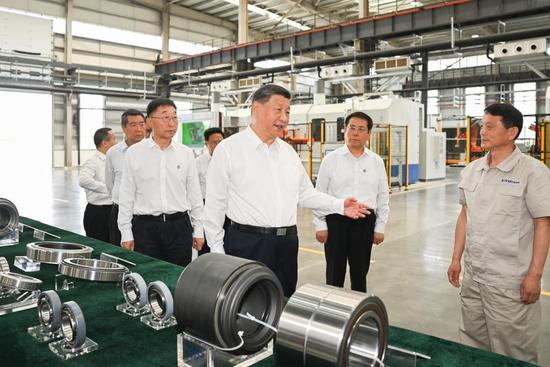
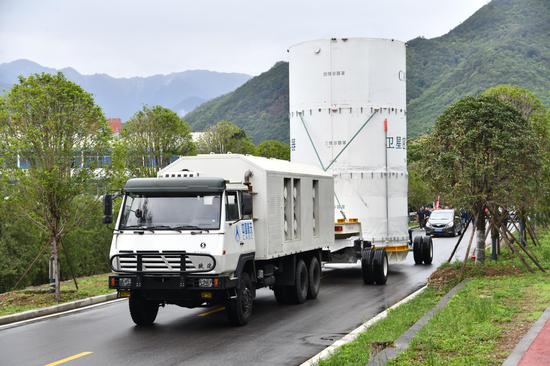
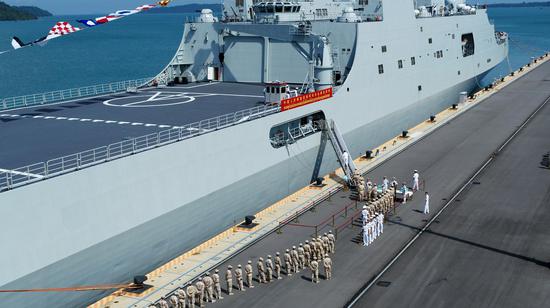
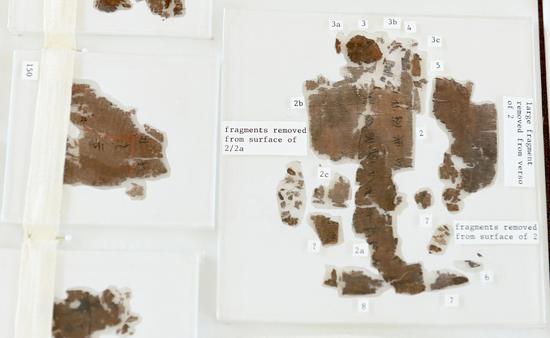
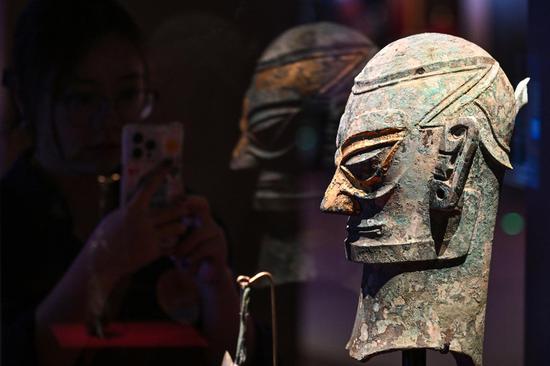
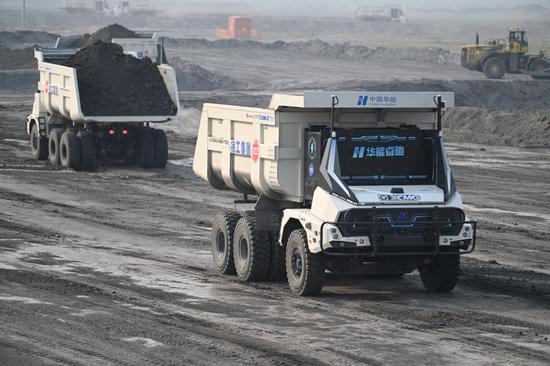


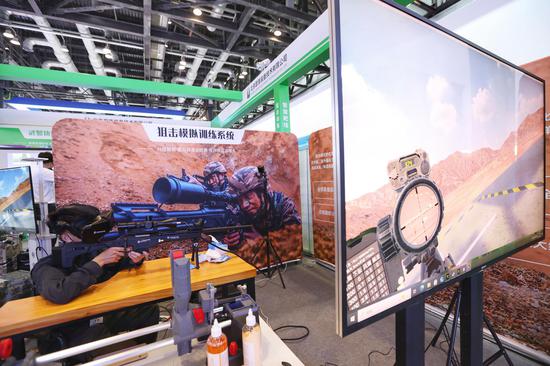

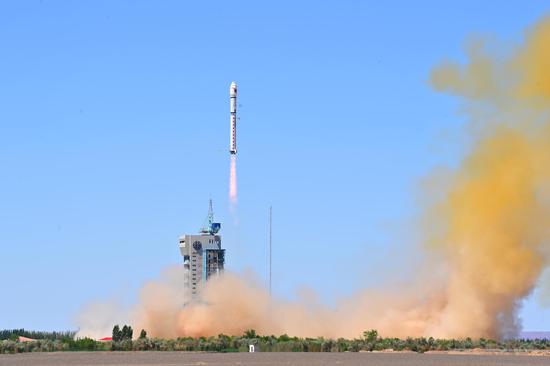

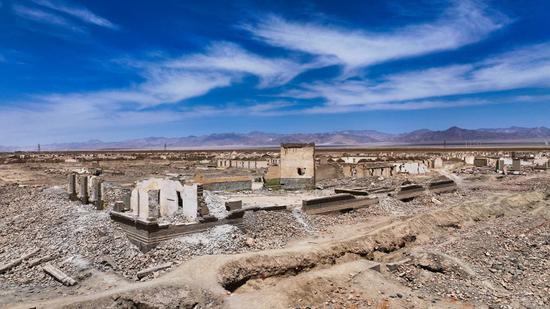
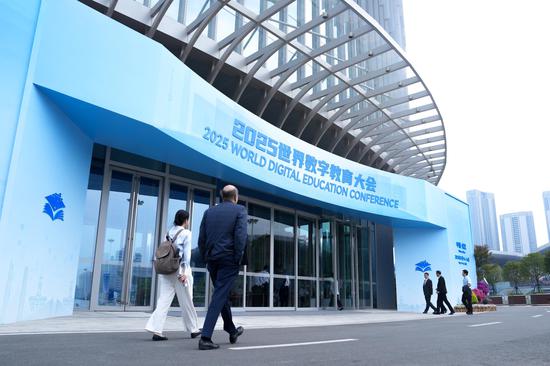
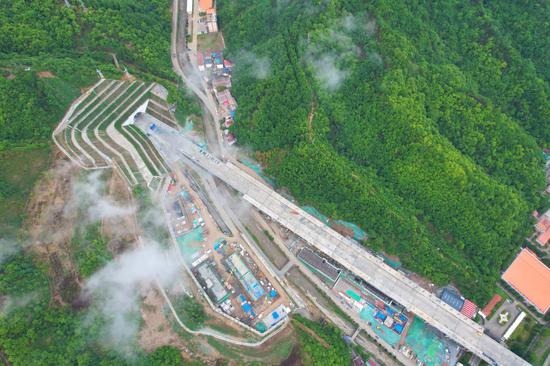
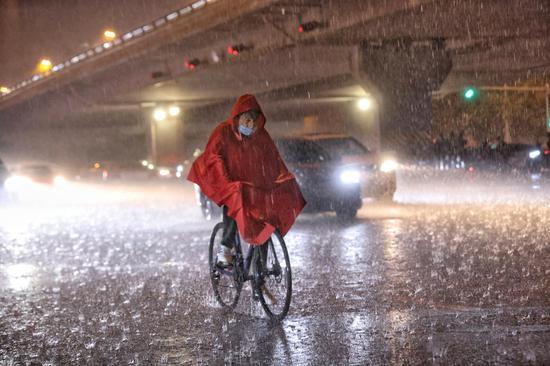

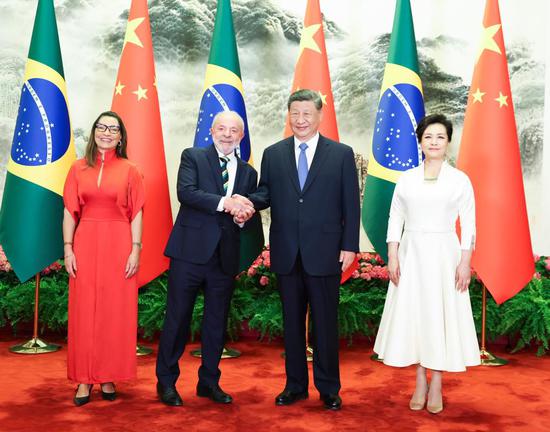
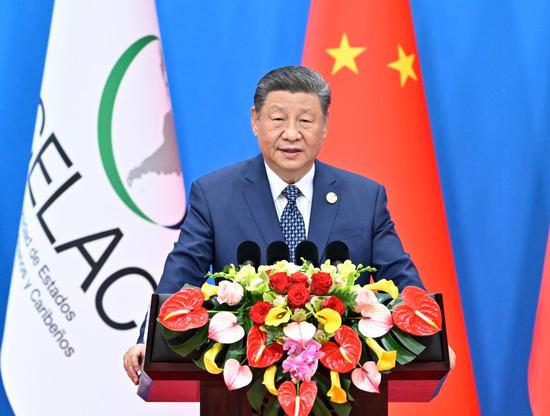
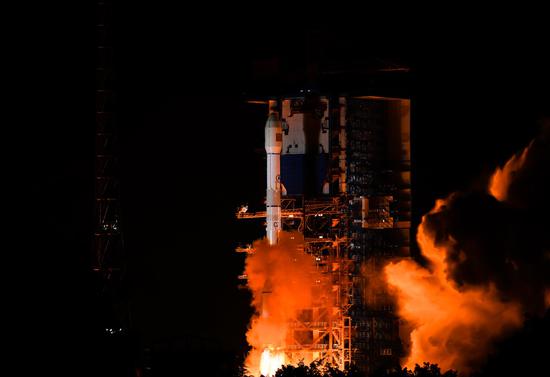
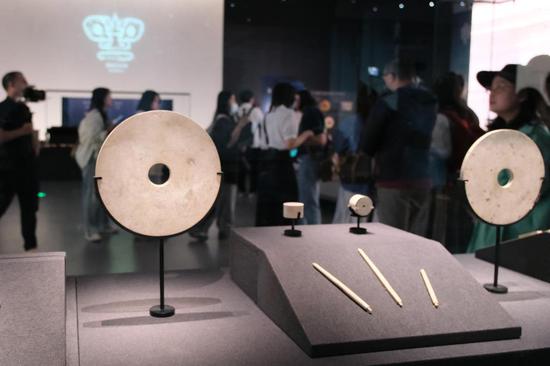


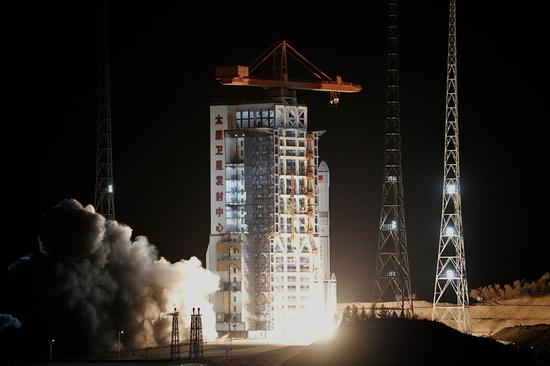
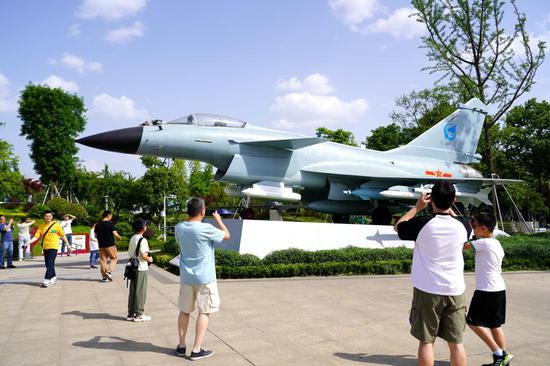
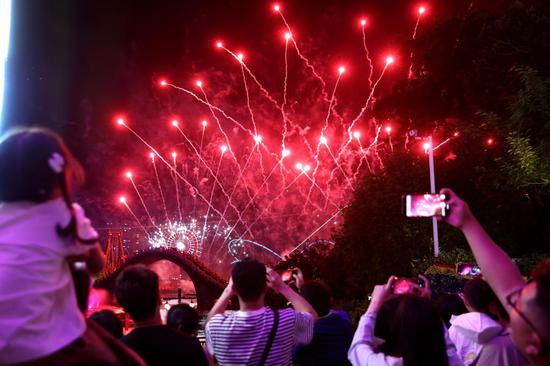

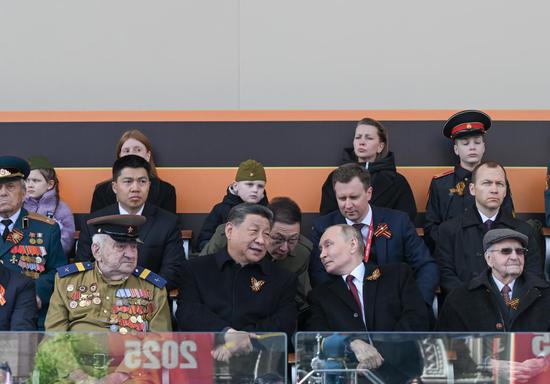
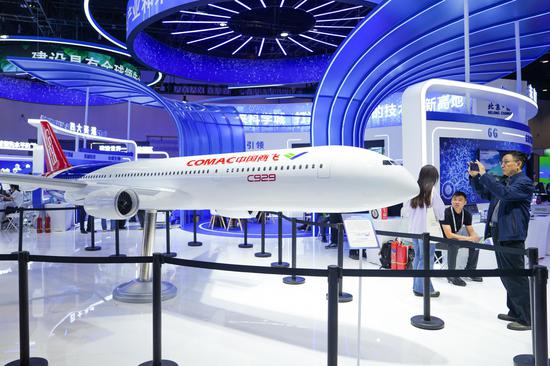
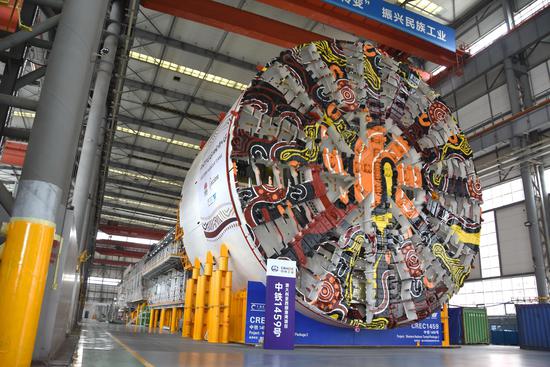
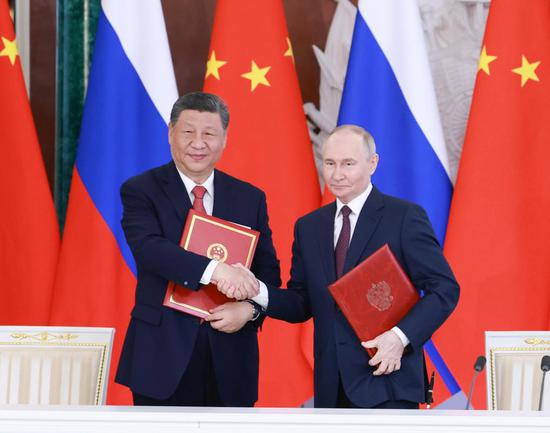
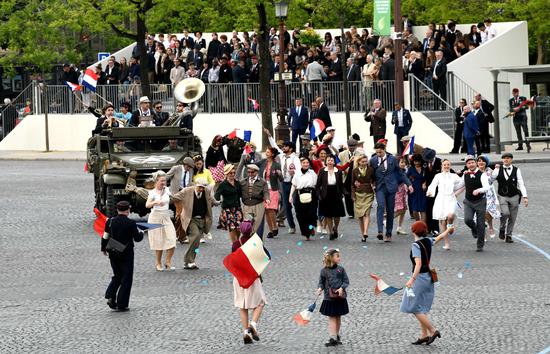
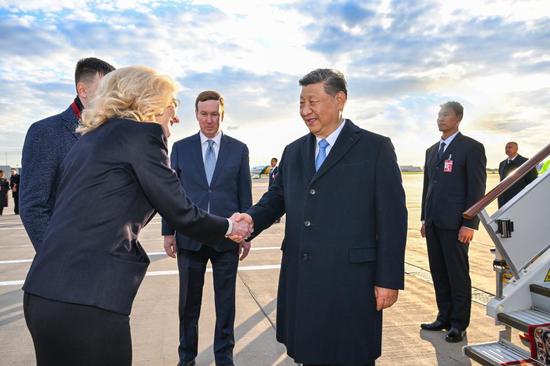
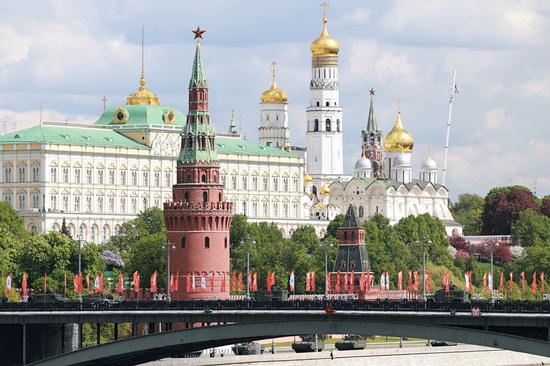



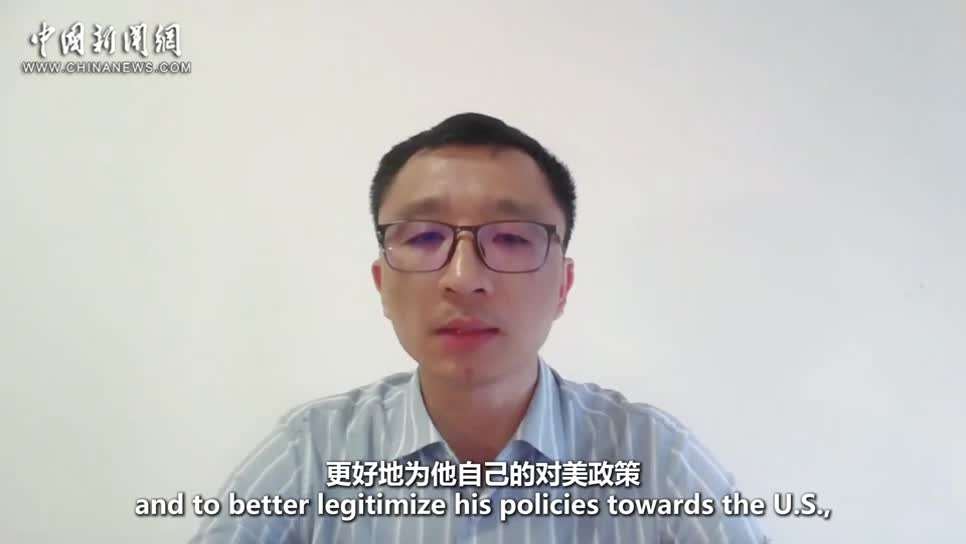

 京公網安備 11010202009201號
京公網安備 11010202009201號